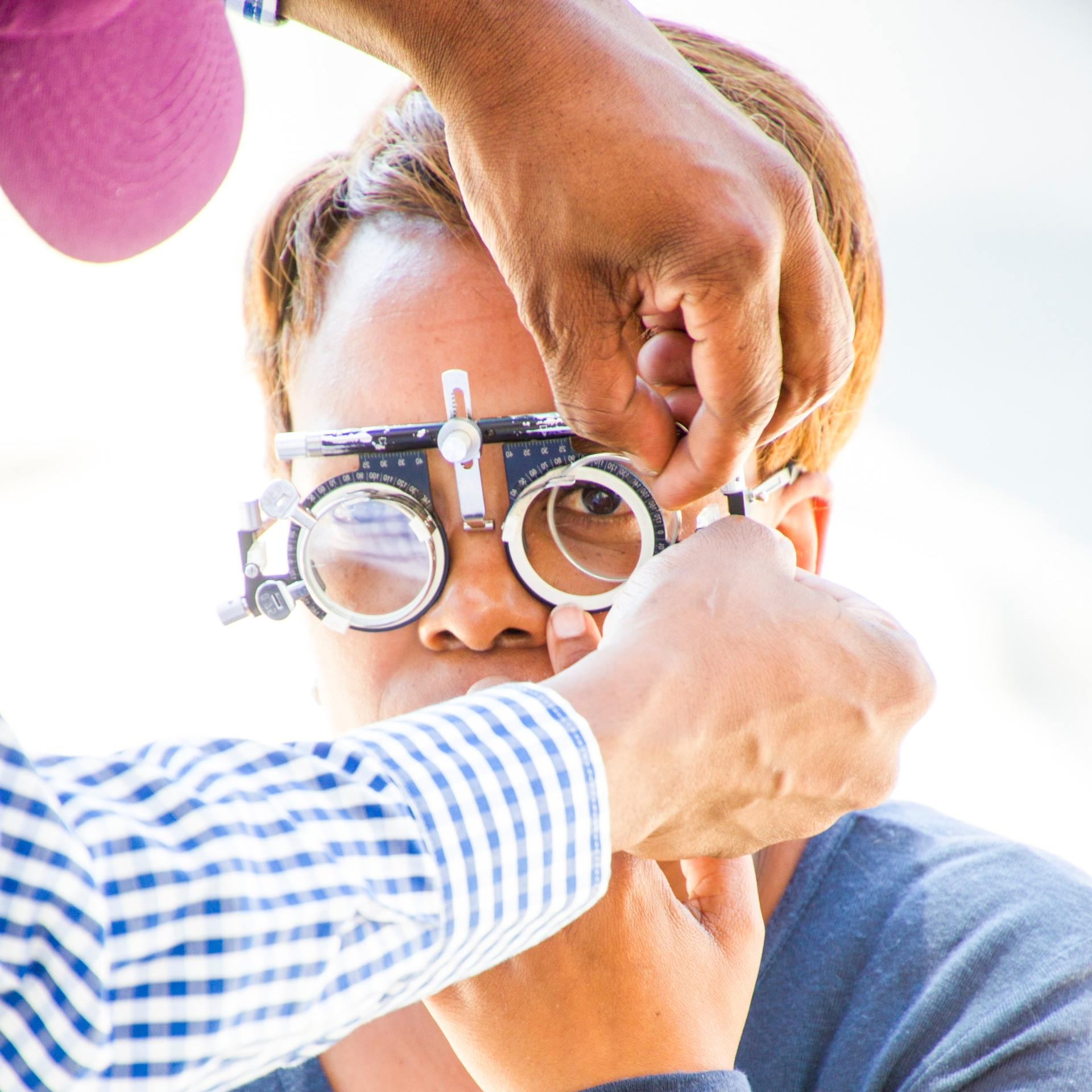Extra protection, no surprises.
Avoid the unknown with supplemental insurance policies policies.
We offer a wide range of supplemental insurance plans that can pay a cash benefit directly to you to help fill financial gaps or cover costs depending on the policy.
Dental
Your dental plan can help you pay for:
- Preventive and diagnostic exams
- Preventive services
- Restorative dental procedures
You have several options that can make your dental care more affordable. We have a network of dental care professionals and insurance policies that can help you afford dental work as well as regular cleanings.
More than 4 million insurance policies are issued from over 200 companies nationwide to let you be as choosy as you want. Best of all, you don't have to do the work. Our agents will ask you about your situation, your needs, and help you select the best plan for you. Talk to an expert today.
Vision
Vision insurance is a supplemental insurance policy to your health insurance policy because many plans don't cover basic eye exams, glasses, and other expenses related to vision.
Vision premiums are lower than most health insurance policies, and the benefits concentrate on eye-related exams and certain treatments.
Vision policies can help you pay for:
- Eye exams
- Eyewear and contact lenses
- Vision correction procedures
Who Should have Vision Insurance?
Even if you don't need glasses, regular eye exams are important to catching and treating the early stages of many eye diseases. When you don't need glasses, yearly exams might seem like overkill, so here are some general rules.
Children 3 years and younger
Your child's pediatrician will likely check your child's eyes for healthy eye development and look for the most common childhood eye problems — lazy eye, cross-eyes or misaligned eyes. A more comprehensive eye exam between the ages of 3 and 5 will look for problems with vision and eye alignment.
School-age children and adolescents
Have your child's vision checked before he or she enters kindergarten. Your child's doctor can recommend how frequent eye exams should be after that.
Adults
In general, if you are healthy and you have no symptoms of vision problems, the American Academy of Ophthalmology recommends having a complete eye exam at age 40, when some vision changes and eye diseases are likely to start. Based on the results of your screening, your eye doctor can recommend how often you should have future eye exams.
If you're 60 or older, have your eyes checked every year or two.
Have your eyes checked more often if you:
- Wear glasses or contact lenses
- Have a family history of eye disease or loss of vision
- Have a chronic disease that puts you at greater risk of eye disease, such as diabetes
- Take medications that have serious eye side effects
What Does Vision Insurance Cover?
Coverage depends on your plan, but in general:
Vision insurance typically covers a percentage of basic services.
- Yearly exams
- Eyeglass frames and lenses
- Contact lenses
- LASIK and PRK vision correction
Policies vary on coverage amounts and how often they will pay for corrective lenses. Yearly exams are typically covered fully. Prescription lenses may be covered fully, depending on your policy. Frames and contact lenses are typically covered up to a dollar amount. Waiting periods for corrective lenses generally are every 1 to 2 years.
You don't have to shop for vision insurance. Our agents will ask you about your situation, your needs, and help you select the best plan for you. Talk to an expert today.
Accident
Health insurance is designed to help you pay for medical care that, for the most part, you see coming. You know you’ll need regular doctor’s appointments for check-ups, flu shots, and illness. But what about the situations you never expect? For all the surprise bumps and bruises on life’s path, you may need to invest in accident insurance.
Supplemental Accident Insurance
Depending on the type of plan selected, the following are some accident-related expenses that make you eligible to receive cash benefits paid directly to you:
- Hospital confinement
- Emergency treatment in an ER or urgent care facility
- Follow up treatment or physical therapy
- Diagnostic exam
- Surgery
- Emergency dental repairs
- Ambulance/Transportation
- Blood & blood plasma
- Medical appliances
Critical Illness and Cancer Plans
A heart attack, stroke, or a diagnosis of critical illness or cancer can disrupt your life physically and financially. A supplemental critical illness or cancer insurance plan can help protect your finances with lump-sum cash benefits paid directly to you. The money can be used to help pay expenses not covered by your health insurance or your everyday living expenses, including:
- Deductibles
- Out-of-network specialists
- Child care and household help
- Travel and lodging when treatment is far from home
- Normal living expenses, such as your car payment, mortgage/rent and utility bills
Critical Illness Coverage
If you experience a qualifying illness, critical illness insurance policies pay out lump-sum cash benefits directly to you. Depending on your plan qualifying events can include:
- Alzheimer’s Disease
- Amyotrophic Lateral Sclerosis (ALS)
- Benign Brain Tumor
- Cancer In Situ
- Coronary Artery Bypass Graft
- End-Stage Renal Disease (ESRD)
- Heart Attack
- Illness-Induced Coma
- Invasive Cancer
- Major Organ Transplant
- Stroke
Because you get the benefits paid directly to you, you can use your benefit amount in whatever way you need (out-of-pocket medical costs, mortgage payments, or even transportation expenses). But don’t wait for an illness to strike before getting critical illness insurance. You cannot purchase this type of plan after an illness has been diagnosed. In order to receive the cash benefit of a policy, you must be first diagnosed after the waiting period of your policy.
We have more than 4 million insurance policies issued from over 200 companies nationwide to let you be as choosy as you want. Best of all, you don't have to do the work. Our agents will ask you about your situation, your needs, and help you select the best plan for you. Talk to an expert today.
Hospital
Did you know that in 2017, there were 139 million emergency department visits? Out of those 139 million, only 40 million of those visits were injury-related. And unfortunately, 14.5 million visits required hospital admission. Thankfully, there is a supplemental insurance plan that can cover the costs of extended hospital stays: hospital indemnity insurance.
Hospital indemnity insurance is coverage you can add to your existing health insurance plan. This form of supplemental insurance pays you a predetermined benefit amount per day for each hospital confinement. They usually pay you this daily benefit amount for up to a year.
What Is a Hospital Indemnity Insurance Plan?
Hospital indemnity insurance is coverage you can add to your existing health insurance plan. This form of supplemental insurance pays you a predetermined benefit amount per day for each hospital confinement. They usually pay you this daily benefit amount for up to a year.
The coverage your hospital indemnity insurance provides will depend on your plan choice. In general, most plans cover:
- Hospital confinement (with or without surgery)
- Intensive Care Unit (ICU) confinement
- Critical Care Unit (CCU) confinement
- Heart Attack
- Illness-Induced Coma
- Invasive Cancer
- Major Organ Transplant
- Stroke
However, there are plans that cover even more. Some hospital indemnity coverage also includes:
- Outpatient surgery
- Continuous care
- Outpatient X-rays and laboratory procedures
- Outpatient diagnostic imaging procedures
- Ambulances
- Emergency rooms
- Physician office visits
We have more than 4 million insurance policies issued from over 200 companies nationwide to let you be as choosy as you want. Best of all, you don't have to do the work. Our agents will ask you about your situation, your needs, and help you select the best plan for you. Talk to an expert today.
Servicing
Florida, Missouri as well as most of the United States

CONTACT
8801 River Crossing Blvd, New Port Richey, FL, 34655, United States







